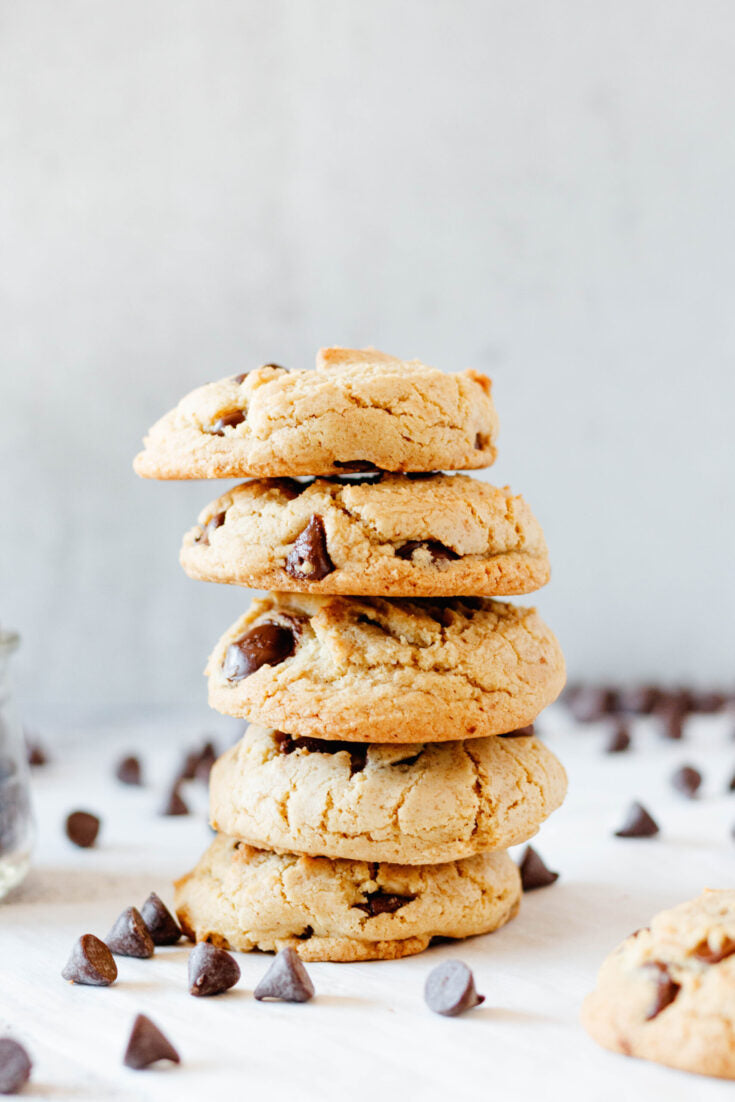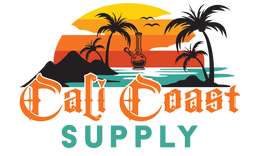Unleashing the Potency: Why Edibles are More Powerful Than Smoking

With the growing popularity of cannabis as a recreational and medicinal substance, various consumption methods have emerged, including smoking, vaping, and edibles. Among these, edibles have gained significant attention for their unique potency and long-lasting effects. Edibles are cannabis-infused products that are consumed orally, such as gummies, chocolates, cookies, and beverages. In this article, we will explore why edibles are more potent than smoking cannabis and why they offer a distinct experience for cannabis consumers.
One of the main reasons why edibles are more potent than smoking is due to the way they are processed in the body. When you smoke cannabis, the cannabinoids, such as THC (delta-9-tetrahydrocannabinol), are inhaled into the lungs and rapidly absorbed into the bloodstream. This results in a quick onset of effects, but also a relatively short duration of action. In contrast, when you consume cannabis edibles, the cannabinoids are processed by the liver, which converts THC into a more potent form called 11-hydroxy-THC. This compound has a higher affinity for the brain's cannabinoid receptors, leading to more potent and long-lasting effects compared to smoking.
The process of metabolizing THC in the liver also results in a delayed onset of effects with edibles. While smoking or vaping cannabis can produce effects within minutes, edibles can take up to an hour or more to kick in. This delayed onset can catch some users off guard, leading them to consume more, thinking that the edible is not working. However, once the effects do set in, they can be much stronger and last for several hours, providing a more prolonged and intense experience compared to smoking.
Moreover, edibles allow for precise dosing, which can contribute to their potency. Edibles are usually labeled with the amount of THC or CBD (cannabidiol) they contain, making it easier for users to control their dosage. This allows for more accurate and consistent dosing compared to smoking, where the potency of the flower or concentrate can vary. However, it's important to note that edibles can have a slower onset, and it's crucial to start with a low dose and wait for the effects to kick in before consuming more to avoid overconsumption and potential adverse effects.
Another factor that contributes to the potency of edibles is the way they are processed and formulated. Cannabis-infused products, such as gummies, chocolates, and baked goods, are made using concentrated cannabis extracts or distillates, which can have higher THC or CBD content compared to raw cannabis flower. This means that a single serving of an edible can contain a higher concentration of cannabinoids compared to smoking a joint or using a vaporizer. The processing and formulation of edibles also allow for more precise control over the flavor, aroma, and overall experience, making them a preferred choice for those who are looking for a specific taste or effect.
Furthermore, the way edibles are absorbed and metabolized in the body can result in a more potent and prolonged experience. When you smoke cannabis, the effects usually peak within the first hour and gradually subside. However, with edibles, the effects can continue to intensify for several hours after consumption due to the prolonged release of cannabinoids from the liver. This can result in a longer and more powerful experience, making edibles a preferred choice for those who are looking for a more intense and extended cannabis experience.
It's worth noting that the potency of edibles can also pose risks, especially for inexperienced users or those who are not familiar with their effects. The delayed onset and prolonged duration of effects can catch users off guard, leading to overconsumption and potential adverse reactions, such as anxiety, paranoia, or discomfort


Leave a comment